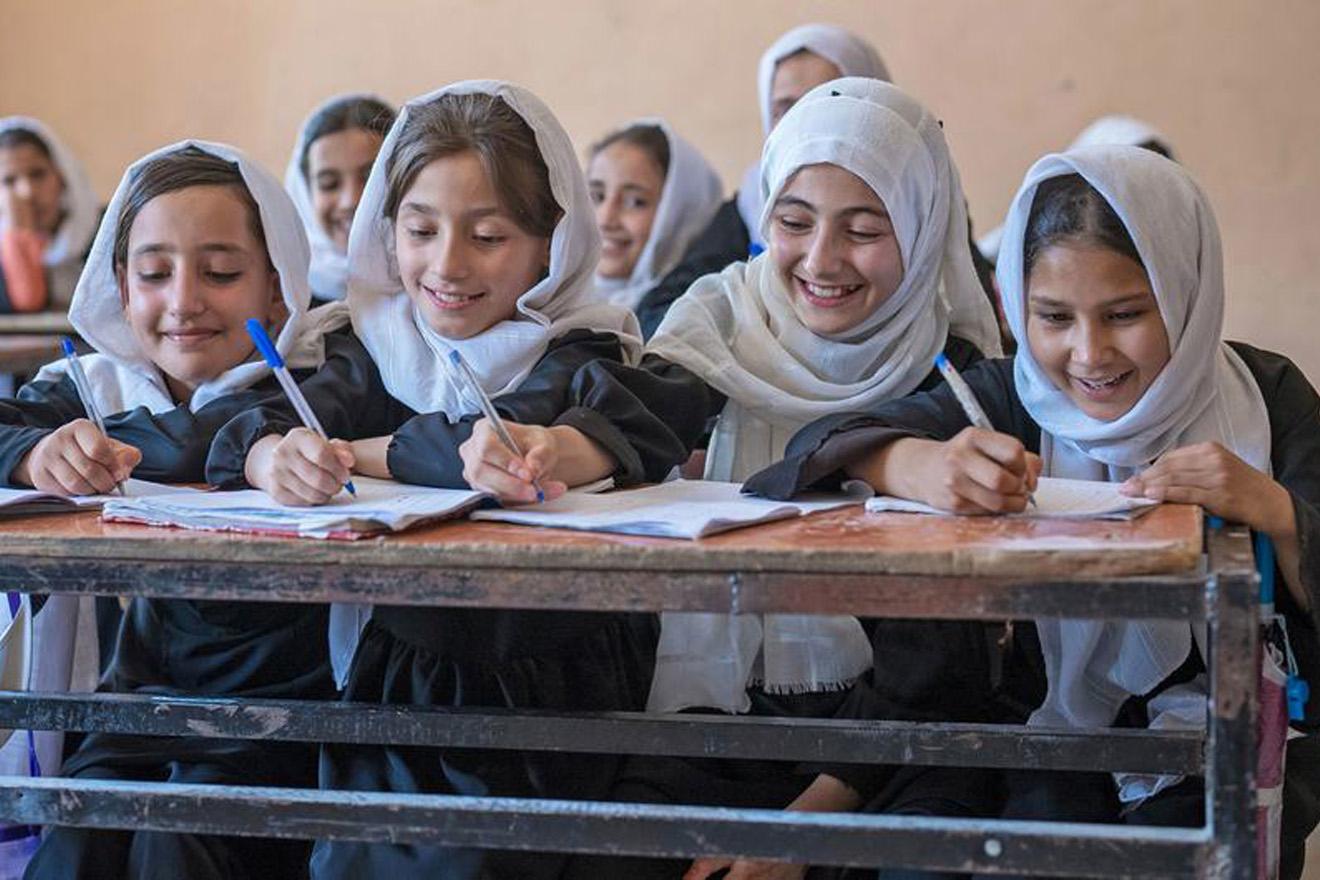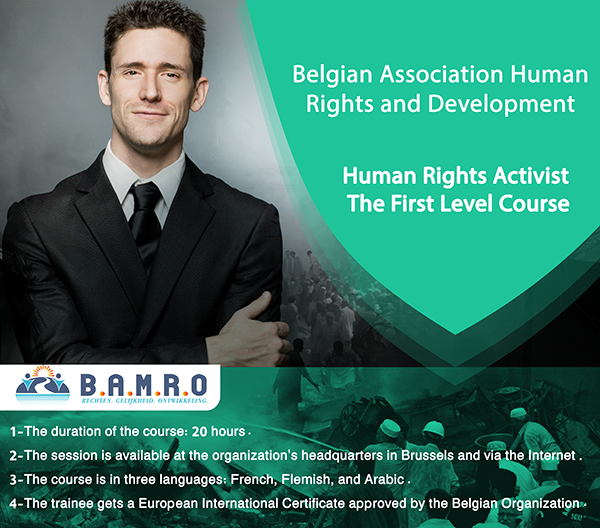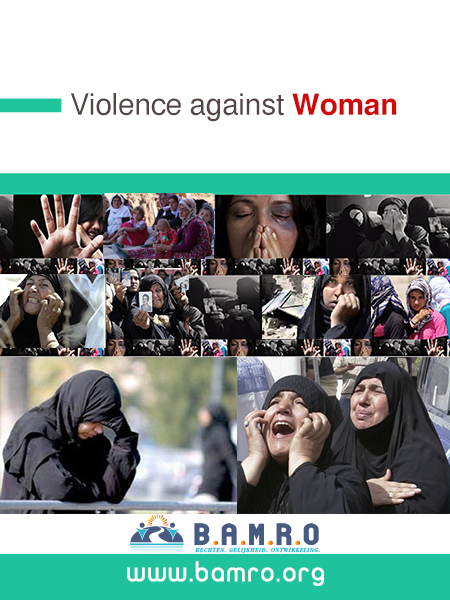Vote
-
For further training via the Zoom program or at our office? ?
Register a
Violation
We you
Contact youS.O.S.
0032 02 7322568
International Day to Protect Education from Attack, 9 September
Armed conflicts: When the noise of guns silences education
Education is a fundamental human right. For children and youth caught up in emergency situations, education not only means the continuity of learning, but it also provides a sense of normalcy and the key to a different future, alerts the United Nations Educational, Scientific and Cultural Organization (UNESCO).
With the knowledge, skills and support gained through education, generations survive crises and lead the world toward a sustainable future. This is particularly true for vulnerable groups including girls, migrants, refugees and people with disabilities, among others.
Places of education should be safe havens for children, students and education personnel. However, all too often they, and the places wherein they learn, become either direct targets or collateral damage in conflict-affected contexts.
Attacks on education can have serious, long-term physical and psychological repercussions for students and teachers. Attacks can suspend teaching and learning, lead to a significant increase in dropout rates and prevent students from accessing their right to quality education.
Lack of international consensus on child protection
The Special Representative of the Secretary-General for Children and Armed Conflict (SRSG), Virginia Gamba, recently explained that "the disregard for the protection of civilian infrastructures, such as schools and hospitals, often translated by a lack of distinction between civilian and military targets and/or continued military use by warring parties is deeply troubling".
Ms. Gamba added that "we urgently need bold and resolute action. We must build on the international consensus on child protection and rally behind the instruments that have already been agreed upon widely as well as the respect of international law. I urge all of you to embrace peace and peaceful resolution of conflicts, which remains the only sustainable way to reduce and prevent violations against children".
Listings
- 1
- 2
- 3
- 4
- 5









